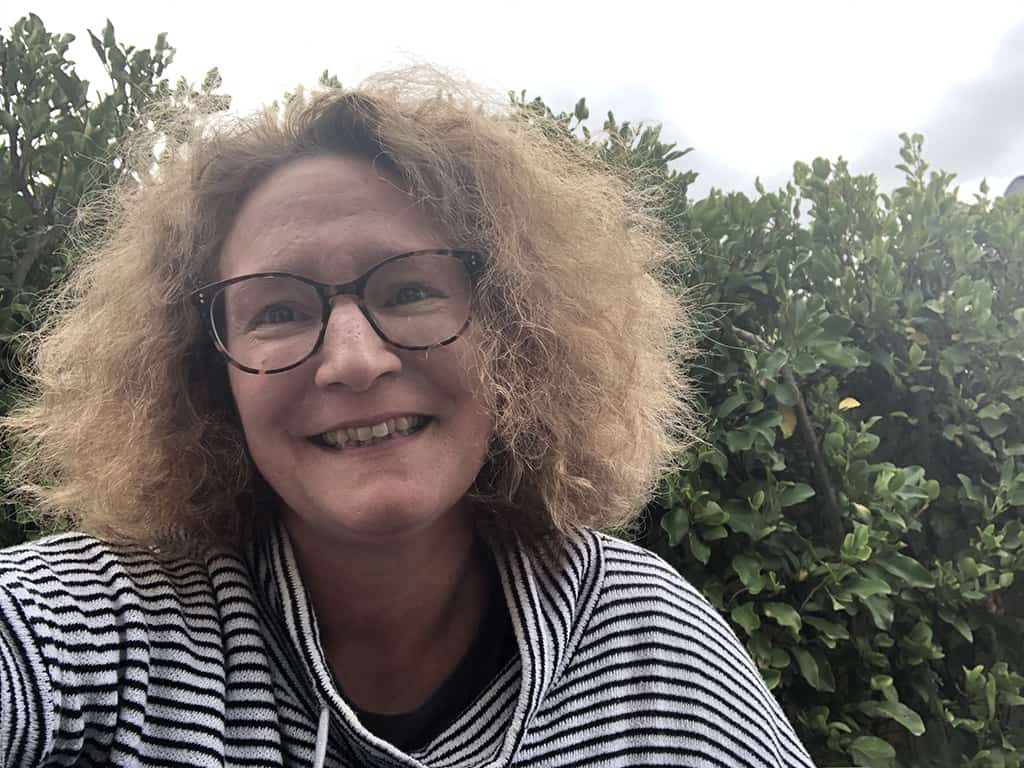Let me say something up front – I love being a nurse, the nursing profession, and my nursing career.
The best decision I ever made was to return to tertiary education in my 30s to study for a nursing degree. I have worked in New Zealand and Australia, on the acute wards in hospitals, in Emergency Departments, and now in nursing education. And I love it.
But. And there is often a ‘but’.
I am scared for the future of nursing in New Zealand and therefore the health of all New Zealanders. Registered nurses (RNs) are the largest group of health professionals – there are nearly 52,000 RNs in New Zealand – the health of New Zealanders depends on access to this professional group.
But access to nurses is going to be a problem – there is a shortage of nurses in New Zealand and a growing reliance on overseas qualified nurses (IQNs) – with already 29% of the RN workforce being IQNs. Enrolments to nursing degrees are falling – they are at their lowest since 2012.
And the nursing workforce is aging – did you know that over 17% of the nursing workforce is over 60 years of age? That’s nearly one in five nurses who are close to – or over – their retirement. We have to do something to attract people into the profession of nursing.
So, why is there a shortage when nursing is such a great career?

I think it is multifactorial, but one of the main issues is with pay parity. Working for the DHB under the collective agreement, a new grad will start on $54,000 and after three to seven years will earn up to $77,000 – all with generous shift allowances on top that will see most salaries rise to 6 figures. Senior nurses will earn upwards of $130,000.
But what if you are working for Aged Residential Care, Iwi providers, or at a GP practice? The salary scale is not so rosy – perhaps starting on $52,000, but topping out at around $60,000.
Given that all nurses have the same qualification – a bachelor’s degree – and their knowledge and skills are equal … why are they paid less? Why are nurses in these areas so under-valued? This must be addressed before we have no nurses to work in under-funded and under-valued places.
We scream about the importance of nurses in the community and in Aged Residential Care (ARC), but will not pay them. How can we justify pay based on where you work rather than what you do? Imagine teachers or police being paid differently based on where they work … ridiculous!
And let’s not ignore the massive threat to the public health system that COVID-19 is presenting, with nurses on the frontline there as well.
Of course there is also the perception – misperception? – of what nurses do.
In 2020, the International Year of the Nurse – let me be clear – we are professionals and we are educated.
Yes, we care – who doesn’t? But we are also critical thinkers and problem solvers who have knowledge encompassing sociology, psychology, physical health and mental health, pharmacology, biology, chemistry, physics, and maths.
We work with the whole of the person and their whānau and all we want is for people to live to their fullest and have their best health. And that takes knowledge, skill, and empathy.
Luckily for all of you, we nurses have that in spades.


Ask Clare to write more! She is a highly intelligent, articulate and impassioned writer.